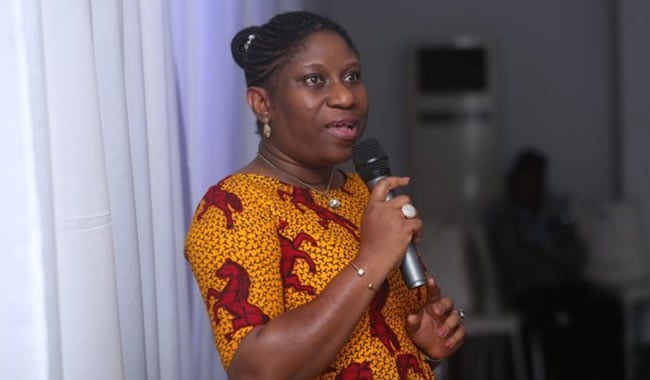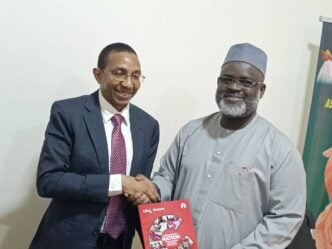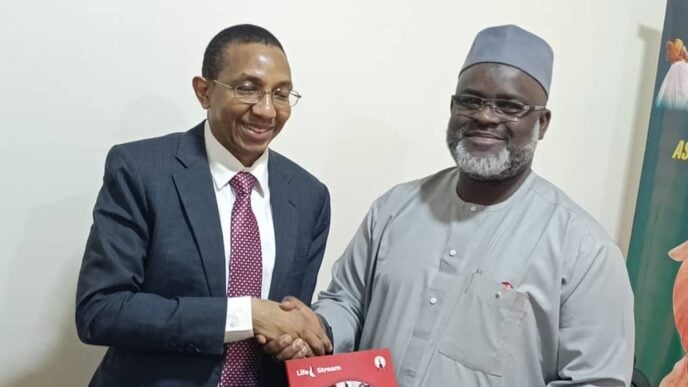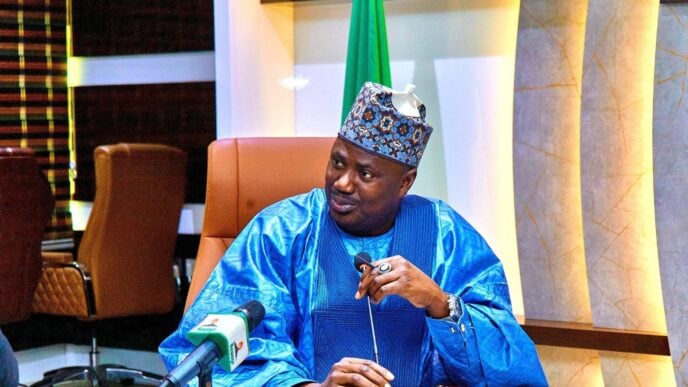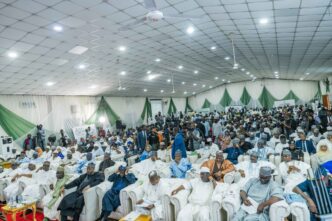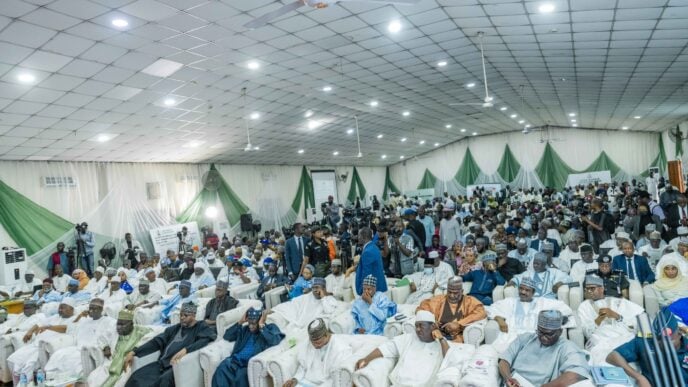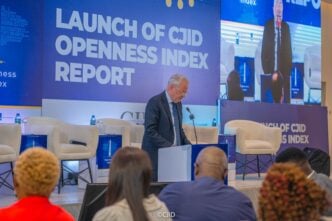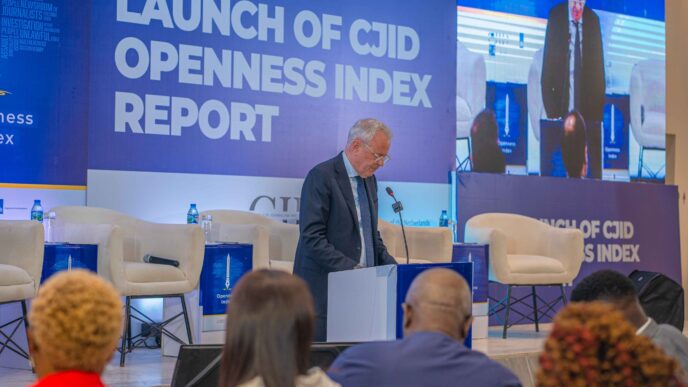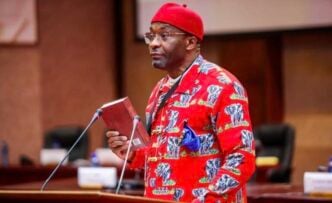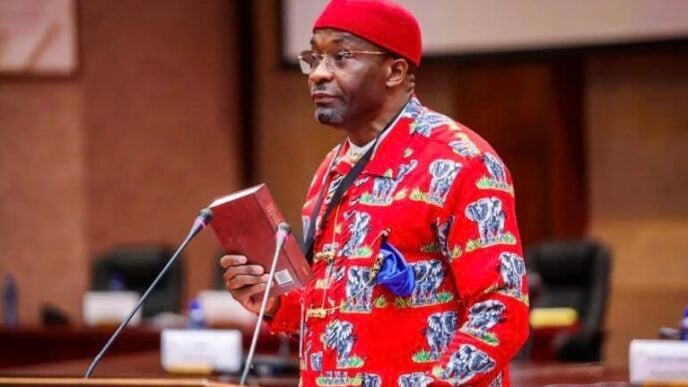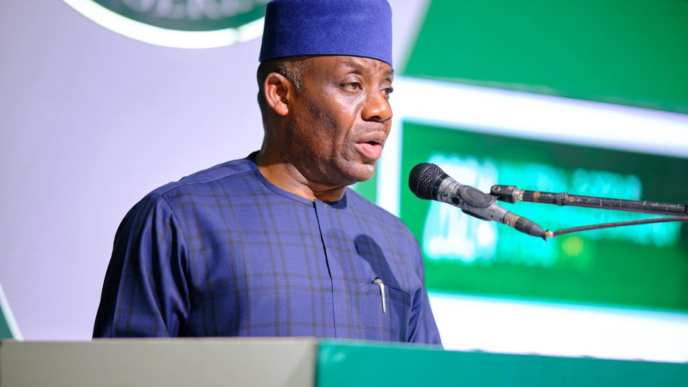Motunrayo Alaka, executive director of WSCIJ
The Wole Soyinka Centre for Investigative Journalism (WSCIJ) has called for urgent and coordinated efforts to tackle human trafficking in Nigeria.
In a statement on Wednesday to mark the World Day Against Trafficking in Persons, the WSCIJ declared that trafficking is a serious and organised crime while urging government agencies, civil society, the media, and international partners to take firm steps to end the menace.
“This year’s theme, ‘Human trafficking is organised crime—end the exploitation,’ reminds us that trafficking is a profit-driven business,” said Motunrayo Alaka, executive director of WSCIJ.
“Weak systems, corruption, and silence allow it to thrive. Fighting trafficking requires strong systems and collective resolve. We must act now to protect lives and end exploitation.”
Advertisement
Alaka noted that the WSCIJ supports investigative journalism that uncovers trafficking networks and seeks justice for victims.
She added that exposing traffickers and their collaborators is key to ending impunity.
In 2014, Tobore Ovuorie, a journalist, won the Wole Soyinka Award for Investigative Reporting for her story, “Inside Nigeria’s Ruthless Human Trafficking Mafia”.
Advertisement
The story exposed the deep links between traffickers and institutional neglect.
Sharon Ijasan received the award in the TV category in 2023 for her report on Nigerian victims trafficked through Libya and West Africa. The report revealed sex camps and transporters aiding traffickers.
The executive director said the WSCIJ also builds the capacity of journalists to report on trafficking.
In 2019, the centre partnered with UNESCO for a two-day training on migration reporting. The training covered migration laws, organ trafficking, and journalist safety.
Advertisement
She added that its “Missing Data, Missing Justice” report shows that women and girls are the most affected.
According to the report, 3.95 percent of media stories on women and girls focused on trafficking.
Alaka urged the federal government to strengthen laws, properly fund enforcement agencies, and hold all traffickers accountable.
She also called for better support for survivors and urged civil society groups and the media to boost public education, advocacy, and survivor support.
Advertisement

